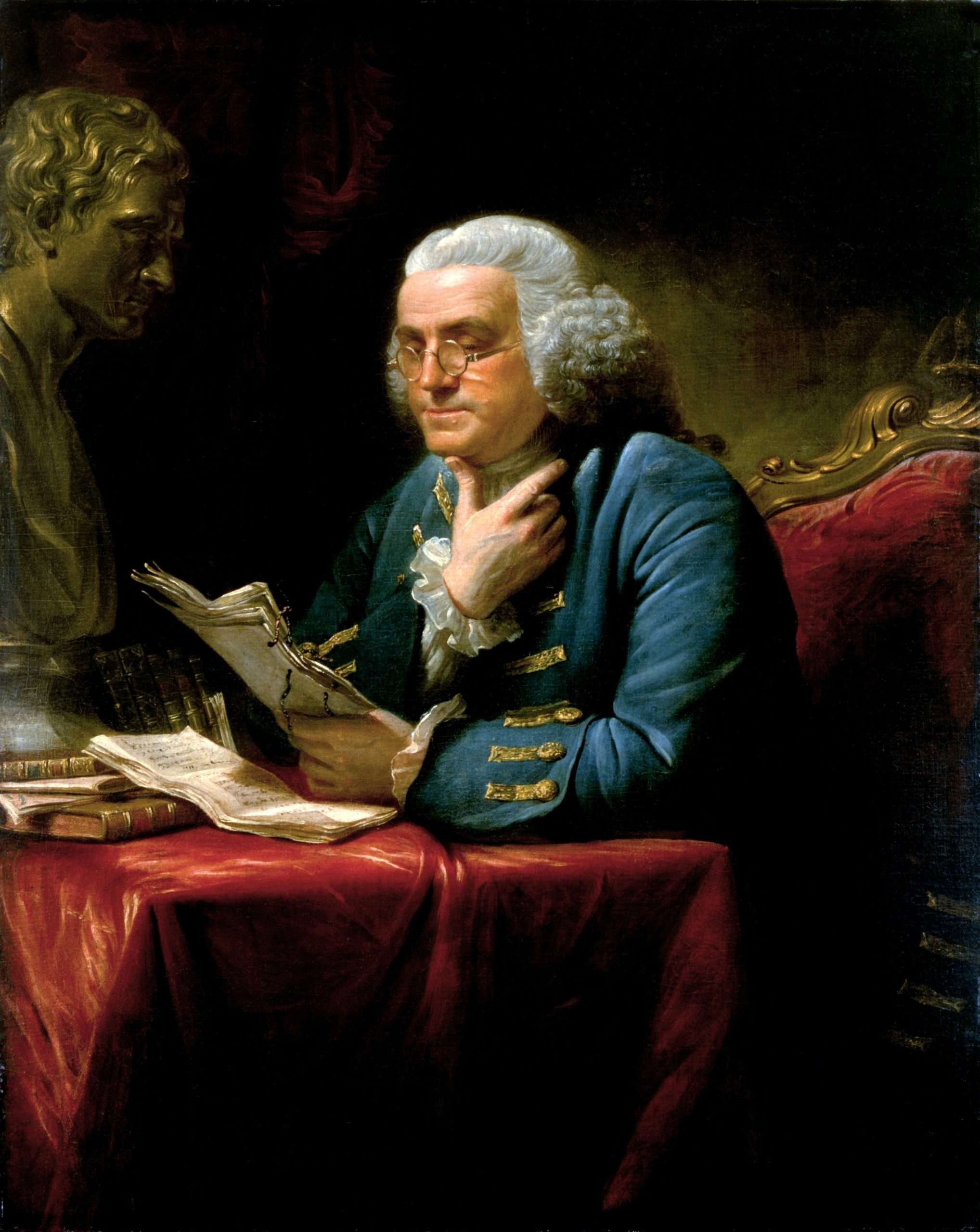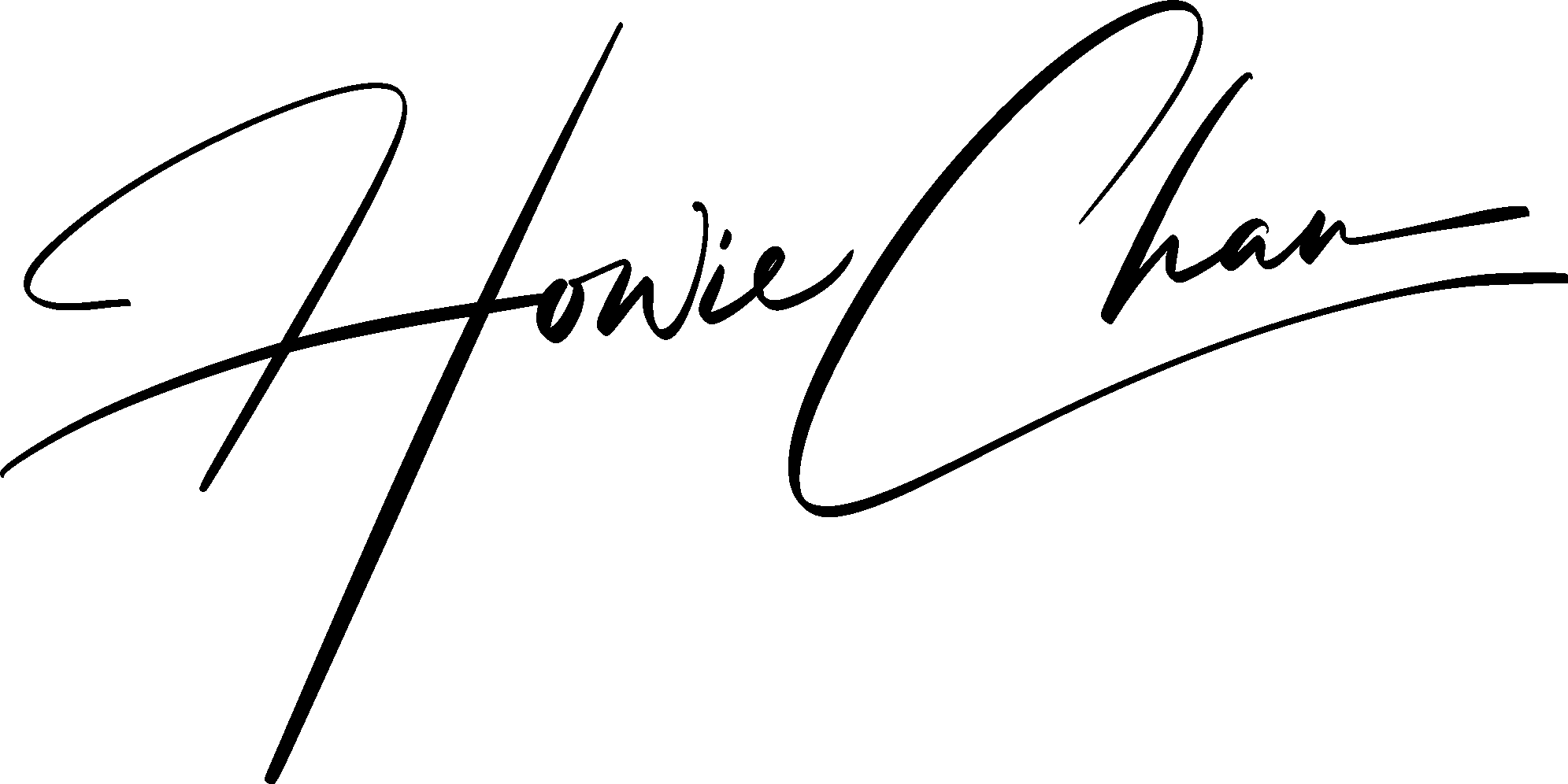In a prominent Stanford study back in the 50s, students were asked to sign up for a two-hour experiment in order to pass a class. Unbeknownst to them, researchers divided them into a control group, and two test groups. Three groups of 20 students each.
All of them were led to a room where they had to use one hand to place wooden spools into a tray and remove them over and over again. A half hour later, the task changed to turning square pegs clockwise on a flat board one-quarter spin at a time for another half an hour.
The Control Group was exited from the study at this point, but the two test groups were then asked to tell the next student that the experiment was fun and interesting. After they lied, Test Group 1 received $20 ($150 in today’s money) and Test Group 2 received $1 ($8 in today’s money). Finally, all groups were asked to fill out a survey about their true feelings about the study.
Control Group: Rated negative for enjoyment and negative for willingness to participate again
Test Group 1 ($20): Rated similarly as the control group - negative for enjoyment and negative for willingness to participate again
Test Group 2 ($1): Rated positive for enjoyment and positive for willingness to participate again
What happened?
It’s our discomfort with cognitive dissonance.
Cognitive dissonance as defined by Oxford: the state of having inconsistent thoughts, beliefs, or attitudes, especially as relating to behavioral decisions and attitude change.
The $1 group was paid almost nothing and they had to tell a group of people that the test was enjoyable, when in fact it was not. This creates cognitive dissonance. So what do they do? They had to make up a story in their head that the tasks were in fact quite enjoyable in order to avoid the discomfort of their inconsistent behavior and attitude. Yup, they weren’t actually lying to the other students.
As for the $20 group? The money was justification as to why they lied, so there was no dissonance and their attitude was the same as the control group.
BASE PRINCIPLE
Humans experience mental discomfort when their beliefs, attitudes and behaviors are misaligned - and we will do what it takes to align them.

WHAT IF?
What if you could use this psychological phenomenon to turn your enemies into friends? Or maybe even influence stakeholders to get on your good side? What about addressing someone who will be a pain in the neck in a workshop?
Will that make you more confident?
Here is how we leverage this psychological phenomena to charm our targets.
Enter Benjamin Franklin.

Image credit: https://encyclopediavirginia.org/376hpr-c2d18a6031c4bd9/
Benjamin Franklin was the 8th of 17 children of a poor candlestick maker. How did he become one of the founding fathers of the U.S.? How did he in his 84-year life become a renown scientist, inventor, diplomat, writer, and strategist?
He gained mastery in the game of personal politics - influencing human behavior.
By accumulating a cache of tools and hacks, he managed to climb the ranks of society, one named after himself - The Benjamin Franklin effect, a tool as useful today as it was in the 1730s and still just as counterintuitive - making it absolutely legendary.
The story goes as such…
When Franklin ran for his second term as a clerk, there was a fellow clerk who publicly opposed him. This fellow clerk was never names in Franklin’s autobiography, but was noted for a long election speech that censured Franklin, tarnishing his reputation.
Even though Franklin won the election, he was furious with his opponent. Rather than firing back, he observed that this was “a gentleman of fortune and education” who might one day hold power in the government. Future frictions will not do Franklin any good.
So he set out to turn his enemy into a friend but doing it “without paying any servile respect to him”. This is what Franklin did…
Back in those days, Franklin had a reputation as an avid book collector and a man with a distinguished literary taste, so he wrote his opponent a letter.
Having heard that he had in his library a certain very scarce and curious book, I wrote a note to him, expressing my desire of perusing that book, and requesting he would do me the favour of lending it to me for a few days. He sent it immediately, and I return’d it in about a week with another note, expressing strongly my sense of the favour. When we next met in the House, he spoke to me (which he had never done before), and with great civility; and he ever after manifested a readiness to serve me on all occasions, so that we became great friends, and our friendship continued to his death.
It’s absolutely counterintuitive! Asking an enemy to do you a favor turns him into a supporter. This is our natural urge as humans to tell ourselves a story that rationalizes our actions. Franklin’s opponent did him a favor and he needed to rationalize within himself that he did in fact liked Franklin, if not why would he have lent him the book? Surely it’s not because of vanity?
In a more recent study by psychologist Yu Niiya in 2014, participants were asked to solve some puzzles together with someone else, who was a researcher in disguise. When the participants were asked by their partner for help in solving a puzzle, they ended up having more positive feelings toward them later on, after the task was completed.
Punchline?
The more you help, the more you like.
So here’s what you can do to get your enemies, opponents, and targets to be on your side.
1/ Pick the right favor
What are they an expert of?
What are they known for?
What are they proud of?
What is something that they could do pretty easily but meaningful to you?
2/ Ask for the favor
Show why it matters to you (if you don’t already have a reputation like Ben Franklin)
Tell them how they are uniquely suited to help you
Be kind, but neutral in the approach
3/ Follow up
Tell them how much the favor helped you
Remind them that it was a really nice gesture
Thank them, be strongly appreciative

PS. This is powerful stuff, use the Ben Franklin effect for good!
See you next Sunday, Legends.
Live your legend,

Howie Chan
Creator of Legend Letters
Sources:
Chakraborty, Abhishek, The Benjamin Franklin Effect: Why It’s Better to Ask For a Favour Than Do One, Coffee and Junk - LINK
Popova, Maria, The Benjamin Franklin Effect: The Surprising Psychology of How to Handle Haters, The Marginalian - LINK
Festinger, L. and Carlsmith, J. M. (1959), Cognitive consequences of forced compliance, Journal of Abnormal and Social Psychology, 58, 203-211.
Niiya, Yu, Does a Favor Request Increase Liking Toward the Requester?, The Journal of Social Psychology, Volume 156, 2016 - LINK